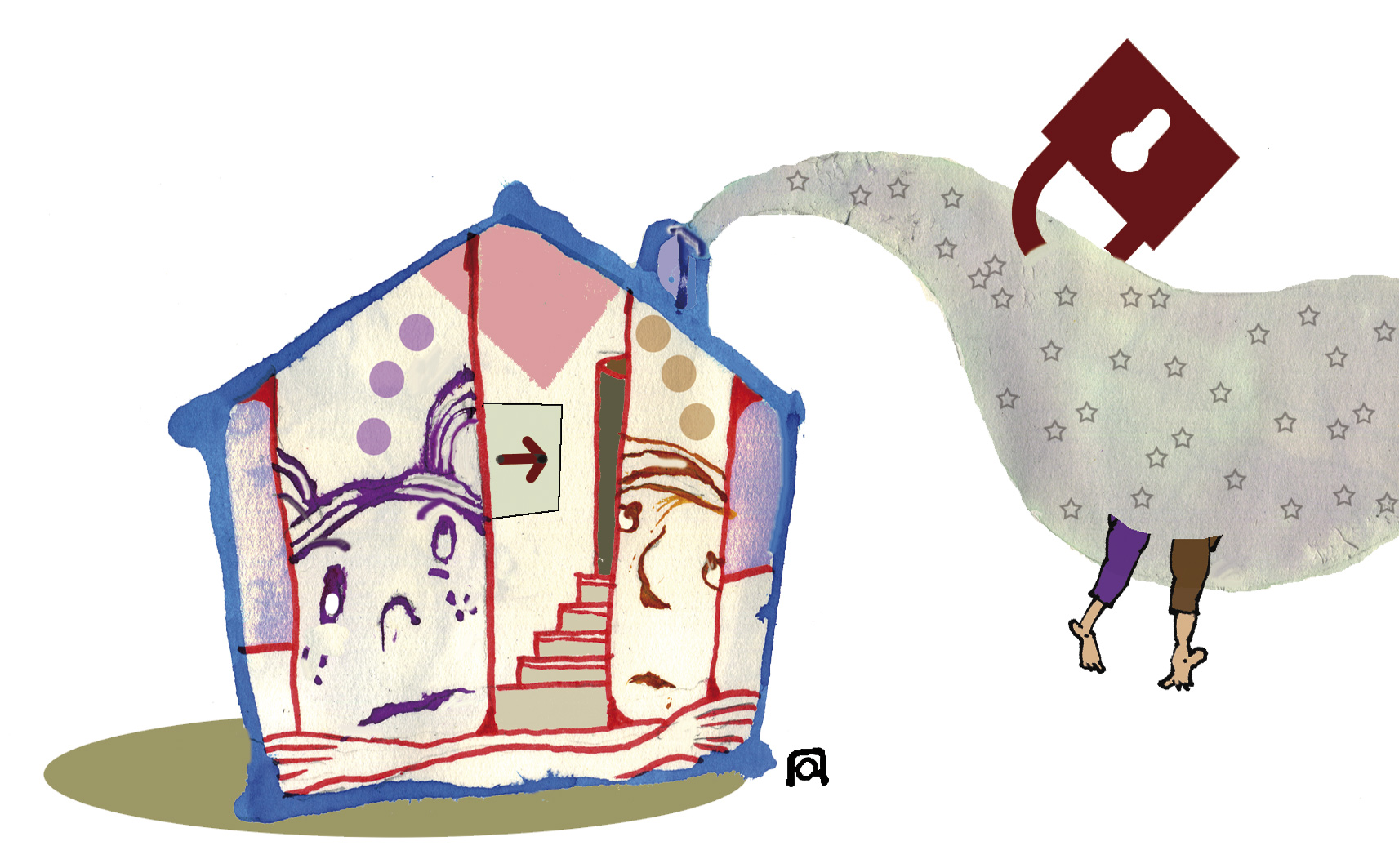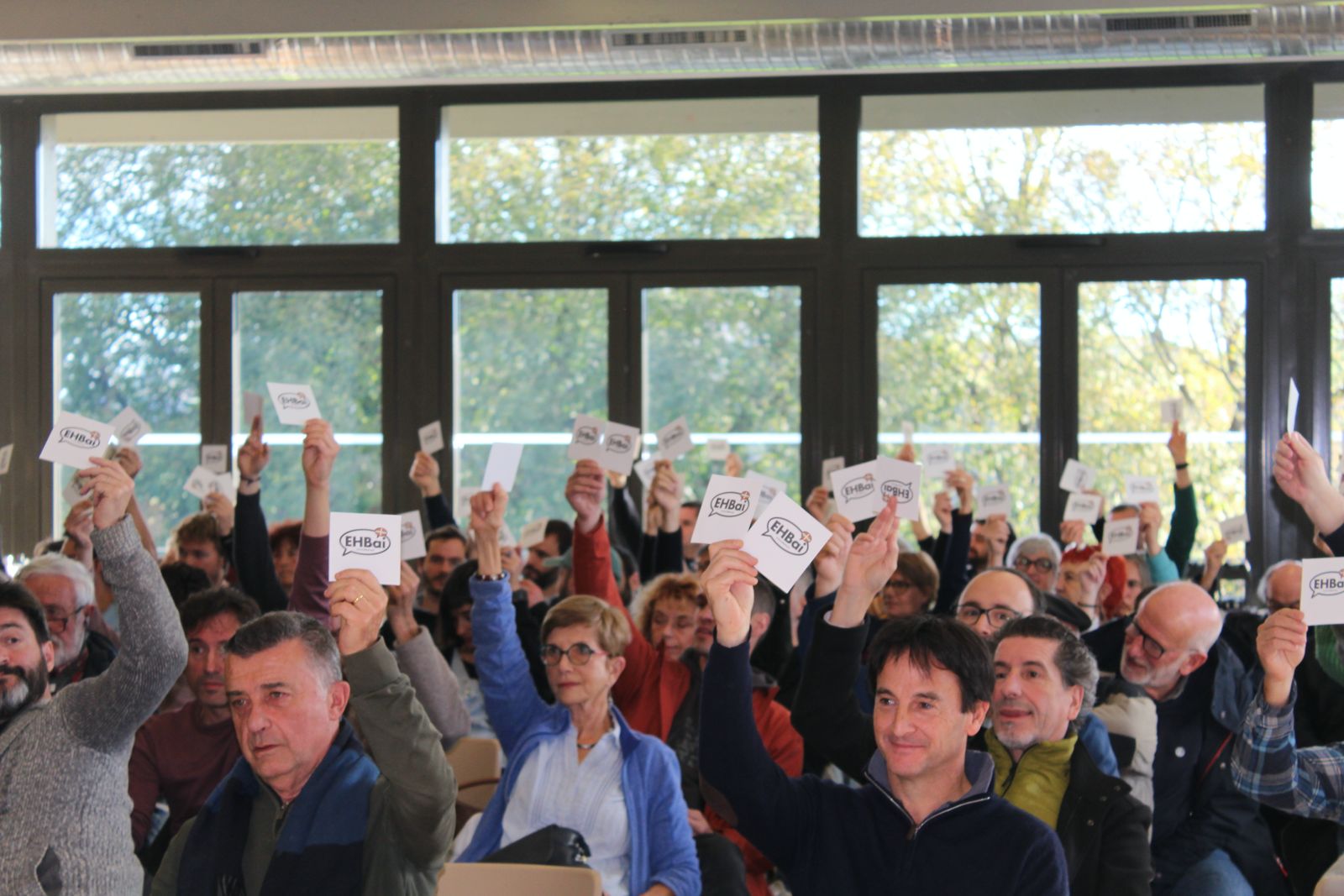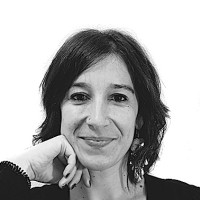Infantilization

The school is not the house or the family, but it's conceptually closer to them than the school, and this more than the university. In the latter, families have nothing to say about the learning process. They have more to do in high school (although it is not the same as the first year of the ESO as the second year of high school, where some are older) and in school even more. But school isn't home either. At home, the child (or the only child), the son of a few, is another student at school. It's good to learn to be just that. Of course, we are special and unrepeatable to our loved ones, but in the public sphere we must all be equal. I have not said the identity: equal, because nobody is more or less than anyone. You have to learn that at school. It does not exist among curricular themes, nor in objectives, it is not a competence. But it's something that you learn through the facts.
Some time ago, we arrived at the institute at fourteen years old, at the end of compulsory education. Since a Spanish PSOE government implemented the LOGSE in the 1990s, it has reached twelve. Before, the students of the institute were treated in a way that approached the university students. For example, we didn't control them as much as going to class now: to some extent it was their choice. Yes, then the futures: it was unthinkable that a student who did not appear in class during the school year would not protest, or that parents would appear asking for explanations. Most of them used freedom very well, acting responsibly and attending classes. Being obligated in high school, hindering the class, was unthinkable. Well, over the years, the students of institutes have increasingly appeared as children and less as young people on the road to adult life. At the same time, the work of the teachers of the institute has approached what is done in the schools, moving away from the university.
The teachers shouldn't take care of the students at the breaks, but they put us to take care of the courtyards and there we are, because we are a demobilized body that devours everything that gets on us. I've ever been told that at breaks you can see a lot about how students relate, which can be valuable in preventing some behaviors. No doubt, but if we spent weekends with them, we would also get this kind of information. If students are to be cared for at recess (this should be a discussion of their own), this would involve hiring staff, such as hiring glass cleaners. A teacher of mathematics, history, biology, philosophy or any other subject must work mainly in the classroom, or in educational exits and excursions with the students during school hours. And at your work table: the hours of a teacher are always few to prepare classes and correct exercises and exams.
The general process of mass infantilization in institutes is absolutely devastating. Some simple things we should know seem increasingly forgotten: freedom and responsibility, rights and obligations are the two sides of the ditxosa coin. Without freedom there is no responsibility. In order to enforce the obligation, a number of rights must be recognised. The over-protection of families and schools eliminates adolescents, who have become mutilated, human beings unable to take care of anything that has to do with their lives. Castrated beings, not interested in being treated as adults, submerged on the screen until they drown.
Bidali zure iritzi artikuluak iritzia@argia.eus helbide elektronikora
ARGIAk ez du zertan bat etorri artikuluen edukiarekin. Idatzien gehienezko luzera 4.500 karakterekoa da (espazioak barne). Idazkera aldetik gutxieneko zuzentasun bat beharrezkoa da: batetik, ARGIAk ezin du hartu zuzenketa sakona egiteko lanik; bestetik, egitekotan edukia nahi gabe aldatzeko arriskua dago. ARGIAk azaleko zuzenketak edo moldaketak egingo dizkie artikuluei, behar izanez gero.
The day of the pastor of Huarte explained that Euskal Herria has been awarded the recognition to participate in international sheepcutting competitions. The officiality occurred at the 2023 World Championships in Scotland, as a result of the dossier presented by the Basque mozas... [+]
Surely, most of us have already bought, here and there, the gifts for Christmas. Because the night visit to Olentzero is a great quote, especially for the youngest. Everyone is preparing for this fruitful era of the year: Bilbao burns as much as Vitoria, Pamplona and Baiona,... [+]
What surprised you the most when you left jail? I've been asked many times in the last year and a half.
See that the streets of Bilbao are full of tourists and dogs with two legs, for example? Or the changes in the political situation? The first one has tired me and annoyed me... [+]
The issue of aid for Basque learning is really confusing. The citizen who wants to learn Basque must go to more than one window to know how much the course he wants to take and where, how and when he will get the grants. Because it still costs money to study, nothing is free... [+]
The understanding and interpretation of the mathematical language is what is important in the learning process, at least it is what we say to our students. The language of mathematics is universal, and in general, the margin of error for interpretation tends to be small. We... [+]
Perhaps one of the weaknesses of human beings is the tendency we have to listen to and care for the majority. It has certainly been an important feature of the development of our species and necessary for survival. But with digitalization, that characteristic that we have makes... [+]
In the meetings we get together of everything, and the meetings characterize us at the moment when everyone has their role, their power (or their lack), their age, their vital moment. But there are always those who calm down. Lete was singing to us that when we were older, we... [+]
Our rights, our future, now! Under the motto, the International Day of Human Rights commemorates the legacy of 76 years. The aim of the day is to promote the construction of a more peaceful, egalitarian and sustainable world. However, while progress is being made, we are faced... [+]
You're in the bar, in the bar, asking. At the counter, other people too. It will soon take your turn, but the servant has not asked you what you want, he has saved you and he has taken care of the man who has come behind you. You have a stupid face and you want to draw the... [+]
I'd like to write to this thing that I'm inside. Almost five years have passed since the pandemic, and those of us who were young at the time, although we are still young, have begun to orbit in other spaces. Housing, the project of life, maternity, work, health... the agendas of... [+]
Remember? 90% of Parliament adopted the Education Agreement two centuries ago – forgive me, two years ago. The reaction of the leftist congressmen moved between euphoria and moderate satisfaction. According to the approved document, private institutions would continue to... [+]
Being is doing. This is what the Durango Fair says this year, and it is true, at least in the case of the fair itself and taking into account Euskal Herria. This edition is already the 59th edition of the Azoka, and the fact that each year is celebrated shows that the Durango... [+]























